In the world of specialty coffee, there’s a lot of talk of doing good. Whether that’s in relation to paying high prices for coffee, working intimately and directly with people at origin, or in recycling coffee grounds to help local agriculture—players in the specialty coffee industry are nearly obligated these days to make an effort outside of their day-to-day operations. But even when compared to their peers, Melbourne’s STREAT is a venture that goes above and beyond the status quo.
With a catchphrase like “Tastes good. Does good.”, I’ll forgive you for being a touch cynical about STREAT at face value, but their actions speak as loud as their words. Started seven years ago by Rebecca Scott and Kate Barrelle, STREAT is a hospitality-focused social enterprise, training disadvantaged young people in various aspects of the trade, in turn enabling them to build a career for themselves. Since their humble beginnings as a single mobile food cart in 2010, STREAT is now managing eight hospitality businesses wherein hundreds of trainees have the opportunity to learn and progress each year. Through these businesses, they’ve become 70% self-funded—and with the recent opening of their flagship site at Cromwell, in the bustling Melbourne neighbourhood of Collingwood, they are well on track with their goal to becoming 100% self-sufficient and able to help train 365 people a year by 2018.
Cromwell STREAT is a huge and beautiful venue, encompassing a cafe, roastery, bakery, catering kitchen, offices, and youth engagement facilities. The property itself was purchased by Geoff Harris (co-founder of Flight Centre) in 2013 for $2.5 million AUD, before being leased to STREAT for the princely sum of $5 a year for the next 50 years, with a caveat to change as many young lives as they possibly could in that time. It then took STREAT two years to raise the money needed to redevelop the site, and a year to build it—opening their doors in September of 2016. The space was designed by Simon O’Brien and the team at Six Degrees Architects, the same crew that’s been behind many of Melbourne’s high-profile cafes (like Auction Rooms, De Clieu, and Top Paddock, to name a few).
The roastery, headed up by Andrew Barrett, is home to a 30-kilogram Petroncini roaster, alongside a Probat. Barrett came on board six months ago, previously working as a roaster for Campos Coffee, as well as a short stint at Redstar Roasters in Port Melbourne. Green coffee comes by way of Melbourne Coffee Merchants and Cafe Imports, with Barrett explaining, “Traceability is huge for us as we don’t want to be seen to be looking after Australian kids at the expense of kids at origin… working with these suppliers allows us to ensure this is not happening.”
As with the rest of STREAT, their coffee program aims to not only to be socially conscious but also to create something of genuinely high quality. “We take quality seriously here… the social impact of the coffee is not at the expense of the taste, both are equally important to us,” Barrett outlined. They’ve been wholesaling their coffee for some time now, but with their higher-capacity roasting facilities, they hope to be able to scale up and get their coffee out to more cafes and businesses. According to their internal evaluations over the years, every five coffees someone buys at STREAT generates 10 minutes of training—with that logic, the 1.5 million coffees they’ve sold since 2010 have generated 52,000 hours of training and support for over 520 people.
While STREAT already has an established infrastructure to take on young people across many aspects of the hospitality industry, the roastery is a bit of a different beast to tackle. This is largely because specialty coffee as an industry isn’t as systemized as other parts of the hospitality industry—for example, many state-certified courses to become a chef or a baker have been around for years, but you’d be hard-pressed to find one that could teach you how to roast coffee.
Barrett outlaid the challenges they’ve faced in trying to build a program for a trainee to come into at the roastery. “As a trade, coffee roasting is not a heavily structured position—you can’t go to Uni to learn and you don’t get a certificate at the end. We’re currently looking at what qualifications we can get our trainees to complete in the roastery, we’re looking towards certification in warehousing and logistics. This will be on top of roasting and sensory training so the trainees can walk out of here with a certificate.”
All in all, STREAT Collingwood is a hugely ambitious project—one that’s taken a lot of time, effort, and money to get up and running, and one that will continue to need many resources to reach their intended goals. This is a work in progress with a remarkable track record thus far, and so I’ve got no doubt that they’ll get there—one plate of breakfast, one trainee’s progress, and one cup of coffee at a time.
Eileen P. Kenny is a coffee professional and Sprudge.com contributor based in Melbourne. Read more Eileen P. Kenny on Sprudge.
The post In Melbourne, Doing Good—And Tasting Good—At STREAT Cromwell appeared first on Sprudge.
seen 1st on http://sprudge.com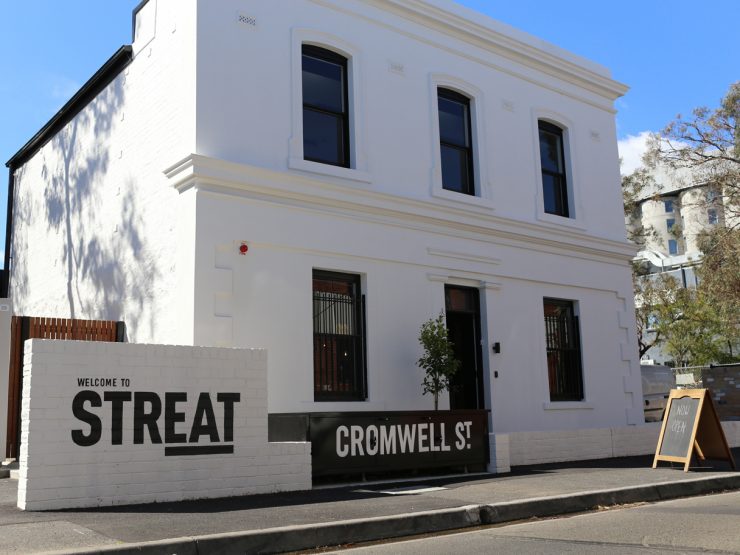
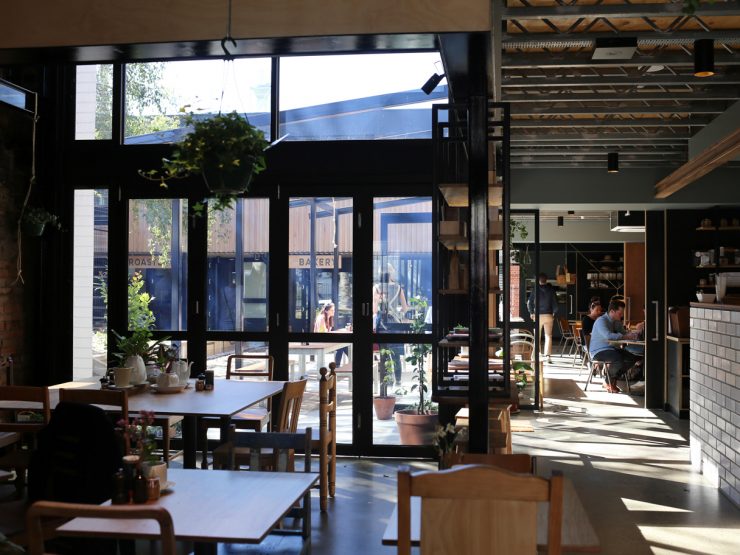
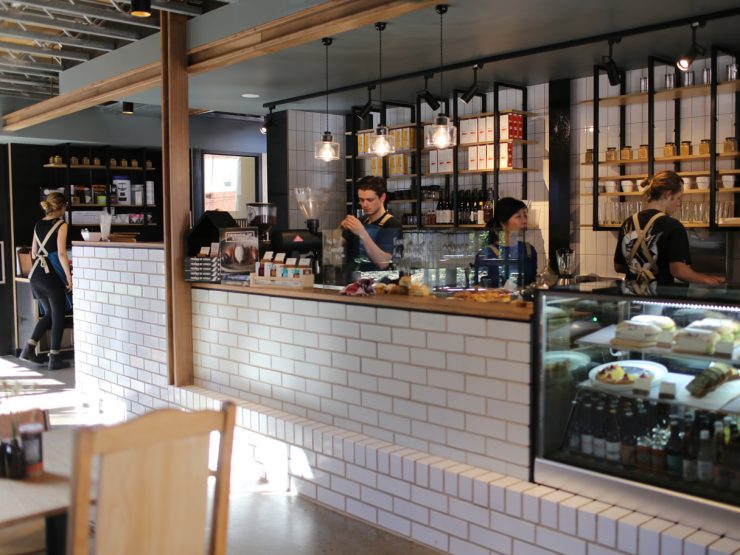
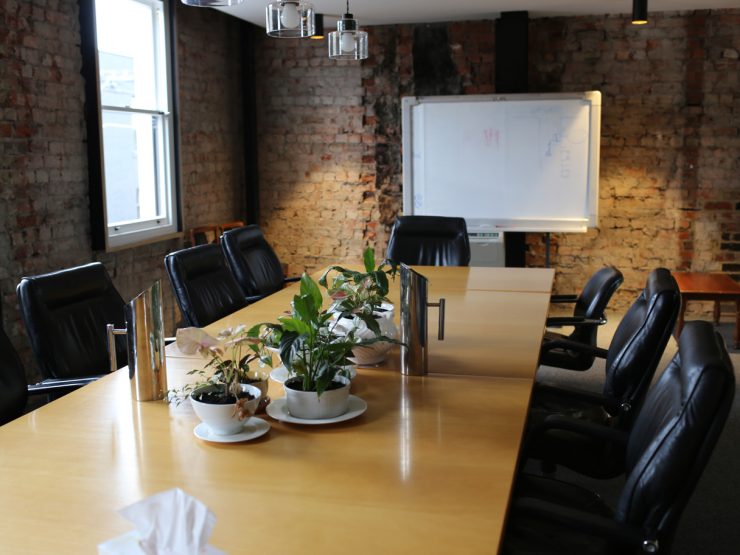
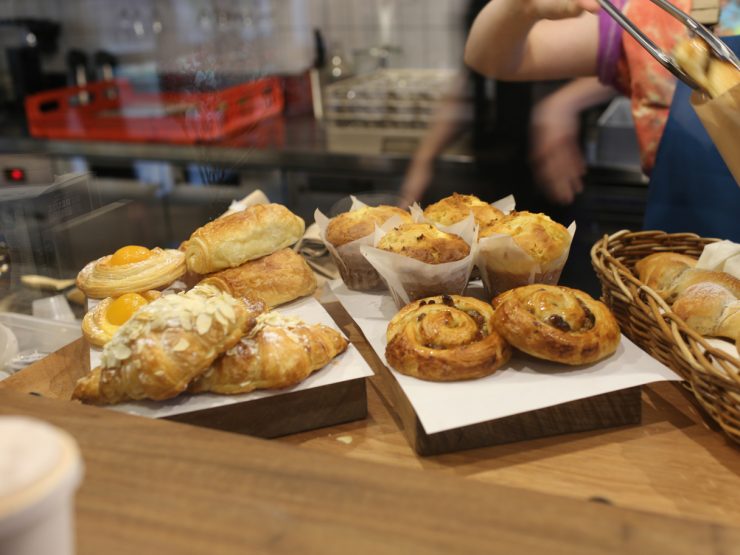
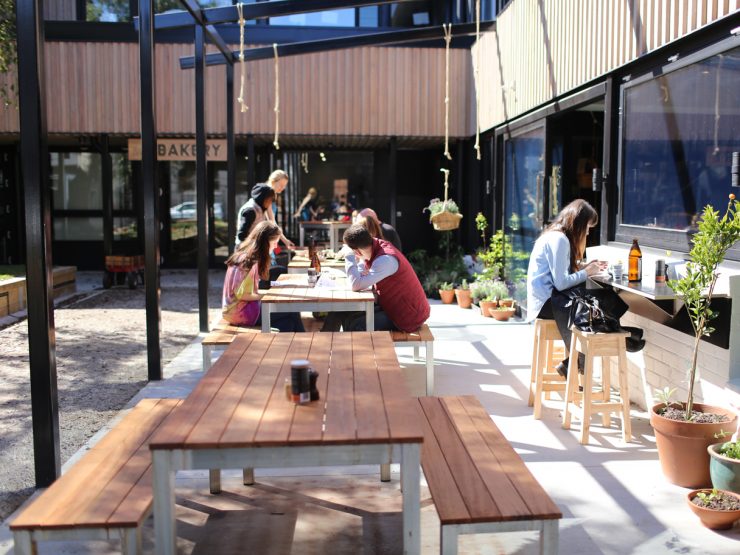
No comments:
Post a Comment